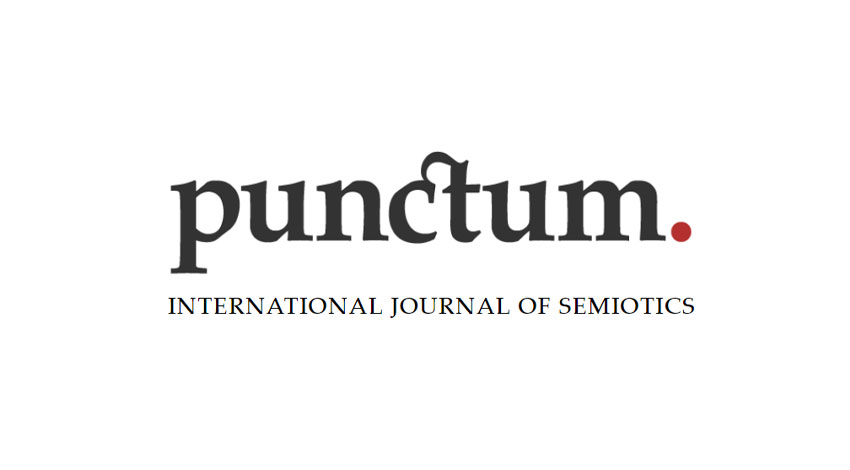Special issue of Punctum. International Journal of Semiotics 8 (1)
Semiotic Approaches to Big Data Visualization
Guest editors: Maria Giulia Dondero, Pierluigi Basso Fossali, Lia Yoka
With a few exceptions-focusing on journalism (Compagno 2017), on works of art (Chartier, Pulizzotto, Chartrand & Meunier 2019, Dondero 2020), on deep fake videos (Leone 2021, Dondero 2021) and on data epistemology (Bachimont 2020)-semiotics has been late to approach big data. In contrast to information and communication studies, that have been quick to recognize the big data revolution in medical, biological, political, urban, and journalistic practices, and while digital humanities and digital art history continue to offer crucial insight with their analysis of large collections of artworks and heritage objects, semiotics has yet to live up to the big data challenge.
This tardiness is due to several factors: (i) the prevalence of the structuralist tradition’s textualism, which encourages sophisticated analyses of either single objects of study, such as the production of a single author, or limited corpora of works; (ii) the belief that general semiotic theory is applicable to any cultural object, and the consequent assumption that there is no need to adapt semiotic models to new media or practices; (iii) the habit of working with objects endowed with motivated meaning (myths, paintings, novels, political discourse, etc.), whereas an archive of big data (a non-text in the traditional sense) is not considered a meaningful object, but rather a device that opens up to practices of meaning, meaning that is yet to be located, inferred and invested. Last, but not least, one of the most important reasons of the defiance of semiotics towards current big data phenomena is (iv) its outright rejection of a theory of communication understood as a mathematical theory of information (Shannon & Weaver 1949), and, consequently, its distrust towards all theories which take signs and signals as interchangeable concepts.
A semiotic theory of meaning based on the close interlinking between the expression plane and the content plane can be useful in complexifying mechanistic approaches that either study the expression plane of artistic objects (see Media Visualization, Manovich 2020, and the Replica project, Seguin 2018), and are thereby indifferent to content, or privilege thematic and language-dependent analyses of works of art, which, conversely, subordinate expression to content. Secondly, semiotics needs to contribute to large corpus analysis in both diachronic and synchronic terms, and explore the extension or overall revision of some of its own key concepts such as enunciation, isotopy, semi- symbolism, etc. This Punctum special issue aims to: • contribute to the global discussion of possible semiotic approaches to big data theory and methodology, • explore specifically an epistemological approach to visualizations of big data, i.e., their manipulation, design, display, and interpretation, • examine, from a critical vantage point, the ideologies and epistemic perspectives underlying the acts of collecting and visualizing big data, prior to their analysis. In summary, our goal is to trace the path that leads from visualization, regarded as a unifying representation of disparate data, to its full elevation to an interpretative device. Against this backdrop, we invite abstracts on big data visualizations in journalism, politics, the art world, and the sciences. Suggested topics may include: • semiotics and digital humanities: disparate epistemologies? • visualization as enunciation of big data fluxes • Big Data Visualization as an epistemic tool for redefining the sign • visualization of image big data: metavisual challenges and historiographical insights • the rhetoric of big data visualizations Prospective authors should submit an abstract of 250-300 words by email to the guest editors, Maria Giulia Dondero (FNRS/University of Liège,
TIMELINE:
Deadline for Abstracts: December 31, 2021
Notice of Acceptance of the Abstract: January 15, 2022
Deadline for Submission of Full Papers: May 15, 2022
Peer Review Due: June 30, 2022
Final Revised Papers Due: July 31, 2022
Publication Date: Summer 2022
Information: https://punctum.gr/wp-content/uploads/2021/10/Call-4-papers.81.pdf




